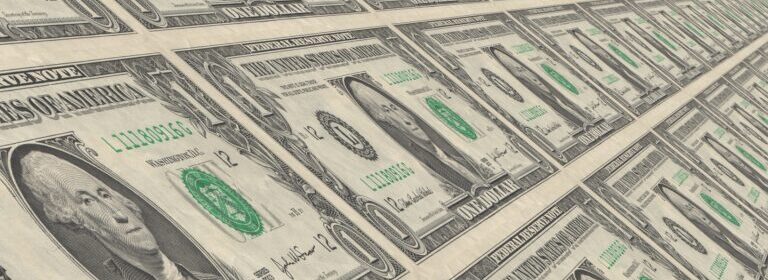Larry Summers Issues Dire Warning on U.S. Inflation and Federal Reserve Risks

Former U.S. Treasury Secretary Larry Summers has openly expressed his apprehensions about the current inflationary environment in the United States. During his talk at the recent All-In Summit 2023, Summers cast doubt on the Federal Reserve’s assurance that it has the inflation situation well in hand.
Lawrence Henry Summers, commonly known as Larry Summers, is a prominent American economist born on November 30, 1954, in New Haven, Connecticut. He has held various high-profile roles, including serving as the 71st U.S. Secretary of the Treasury from 1999 to 2001 and as the Director of the National Economic Council from 2009 to 2010. Summers also served as the President of Harvard University from 2001 to 2006, where he currently holds the title of Charles W. Eliot University Professor and directs the Mossavar-Rahmani Center for Business and Government at Harvard Kennedy School.
Summers began his career as a professor of economics at Harvard University in 1983. He later joined the World Bank as Chief Economist from 1991 to 1993. Under President Bill Clinton, he was appointed Under Secretary for International Affairs of the U.S. Department of the Treasury and later became Deputy Secretary of the Treasury. Summers played a pivotal role in addressing various economic crises, including the 1994 Mexican economic crisis and the 1997 Asian financial crisis. After leaving public service, he worked in the private sector, including roles at hedge fund D. E. Shaw & Co. and as a speaker at major financial institutions. He returned to public service during President Barack Obama’s term to address the Great Recession.
Summers warned of a considerable risk that inflation may not be sufficiently tamed to fall below a 3.5% rate. He questioned the Federal Reserve’s optimistic outlook and cautioned that a change in interest rates might be necessary, stating his own nervousness about the situation.
Drawing on historical data, Summers emphasized that the U.S. has consistently entered a recession when inflation soared above 4% while unemployment remained below 4%. Given the current economic indicators, he suggested that the Federal Reserve’s chances of controlling inflation are dwindling, thereby heightening the risk of an economic downturn.
Summers also took the Federal Reserve to task for its monetary policy decisions, particularly those made in 2021. He criticized the injection of $2.9 trillion into an economy already on the mend and the Federal Reserve’s commitment to keep interest rates at zero until 2024. Additionally, he pointed out the large-scale bond purchases made by the Federal Reserve, arguing that these actions have led the U.S. economy astray.
Despite these criticisms, Summers noted that some efforts have been undertaken to realign monetary policy in a more reasonable manner since that time.
https://youtube.com/watch?v=CfnF7dA-8UQ%3Ffeature%3Doembed
Featured Image via Pixabay
Source: Read Full Article
